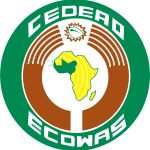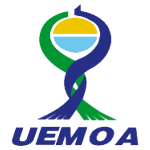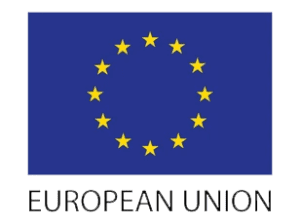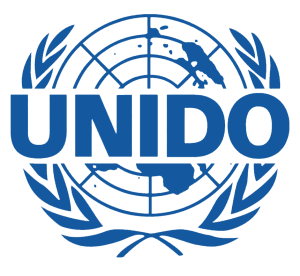Mauritania officially called the Islamic Republic of Mauritania, is a country bordering the Atlantic Ocean and Algeria, Mali and Senegal. Nouakchott, which is the capital of Mauritania is also the largest city. The most common economic activity among citizens is agriculture and livestock production.
Value Chains
Hides, Skin and Leather
More than half of 3.89 million people in Mauritania live from agriculture and livestock. With a large population engaged in animal husbandry, improvements in the leather industry will significantly increase the country’s export base. The strategic implementation of the project will help improve the leather value chain and teach herders and other players in the leather sector better methods of leather production.
Poultry
Poultry trade in Mauritania is moving is on the rise. Mauritania’s demand for poultry is partly met by local production, but most chickens are imported, in the form of 5,000 tonnes of frozen chicken and around 40,000-day-old chicks imported into the country each year. Similarly, only a third of Mauritania’s annual consumption, about five million eggs, is produced locally. The poultry industry employs a large number of people in addition to the profitable by-products that the sector makes available to others, such as manure used as organic fertilizer or feathers used to make cleaning powders.
The government has put in place several workable strategies that will help this growing industry. This program will also assist the government in its efforts by providing the necessary training to poultry producers on best farming practices to achieve better poultry production. It will also help create new value chains that have not been formally explored. This will create more employment opportunities for rural farmers, especially women and youth.
Gum Arabic
Mauritania is one of the countries in the “gum belt”, local farmers are making great efforts to develop the production of gum Arabic and make it a very sustainable source of income. In addition, gum importers, environmental authorities and NGOs around the world have vested interest in considering the Gum Arabic belt as a sustainable source of income. Because of its great export potential, the development of a more sustainable approach in this industry will improve overall production in the value chain and create more employment opportunities in the sector.





